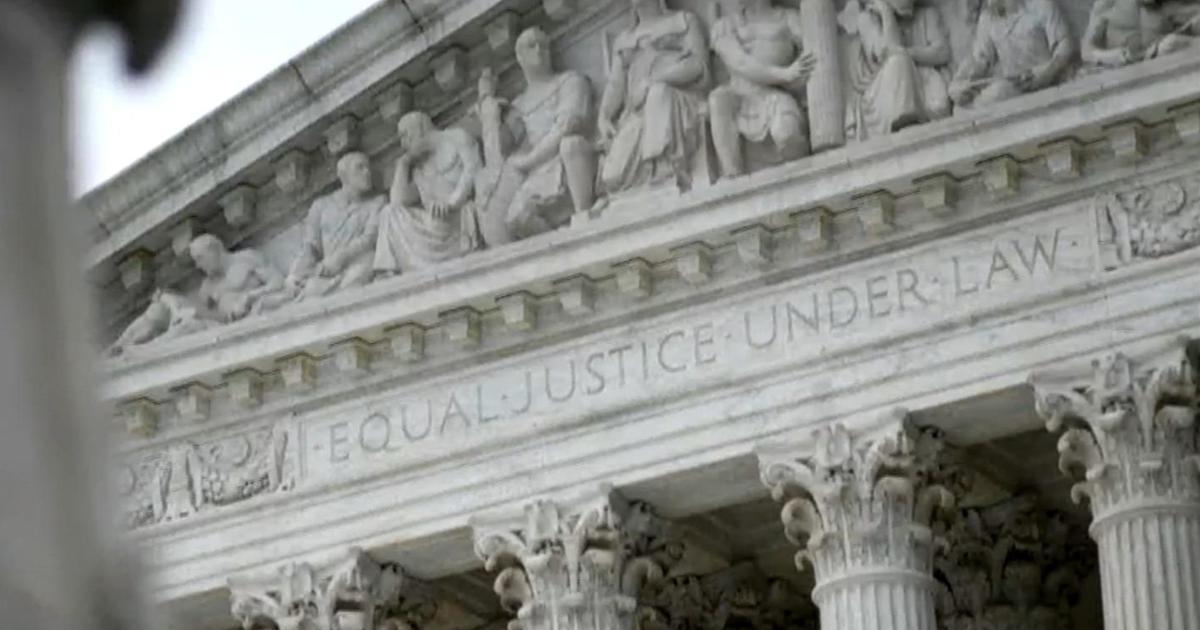The Supreme Court has allowed a controversial Texas immigration law to go into effect, despite ongoing legal challenges in lower courts. This law gives local Texas law enforcement the authority to arrest individuals suspected of crossing the border illegally, and allows judges to prosecute them. These actions were previously considered to fall under the jurisdiction of the federal government. The decision to allow the law to go into effect has raised concerns about potential abuses of power and violations of civil rights.
The Texas immigration law represents a significant departure from the traditional understanding of federal and state roles in immigration enforcement. By empowering local law enforcement to make arrests and judges to prosecute individuals for immigration-related offenses, the law blurs the lines between federal and state authority. Critics argue that this approach could lead to racial profiling and discrimination, as well as violations of due process rights for individuals suspected of immigration violations. The Supreme Court’s decision to allow the law to go into effect has sparked debate about the balance of power between federal and state governments in matters of immigration enforcement.
Supporters of the Texas immigration law argue that it is necessary to address the ongoing challenges of illegal immigration and border security. They believe that empowering local law enforcement to take action against individuals who cross the border illegally will help deter future illegal immigration and protect communities from criminal activity. Proponents of the law also argue that it is a legitimate exercise of state authority to address a pressing issue that the federal government has failed to adequately address. However, critics contend that the law will not only lead to violations of civil rights but also undermine the federal government’s ability to effectively enforce immigration laws.
The Supreme Court’s decision to allow the Texas immigration law to go into effect has implications for other states that may seek to pass similar legislation. The ruling sets a precedent for how the courts will interpret the balance of power between federal and state governments in matters of immigration enforcement. It also highlights the ongoing debate over the role of states in shaping immigration policy and the extent to which states can take action on issues traditionally considered within the purview of the federal government. As legal challenges to the Texas law continue in lower courts, the decision of the Supreme Court will be closely watched for its potential impact on future immigration enforcement efforts.
Overall, the Supreme Court’s decision to allow the controversial Texas immigration law to go into effect has sparked debate and controversy over the balance of power between federal and state governments in matters of immigration enforcement. The law represents a significant departure from traditional approaches to immigration enforcement and has raised concerns about potential abuses of power and violations of civil rights. As legal challenges to the law continue, the implications of the Supreme Court’s ruling will be closely monitored for their potential impact on future immigration policy and enforcement efforts.









